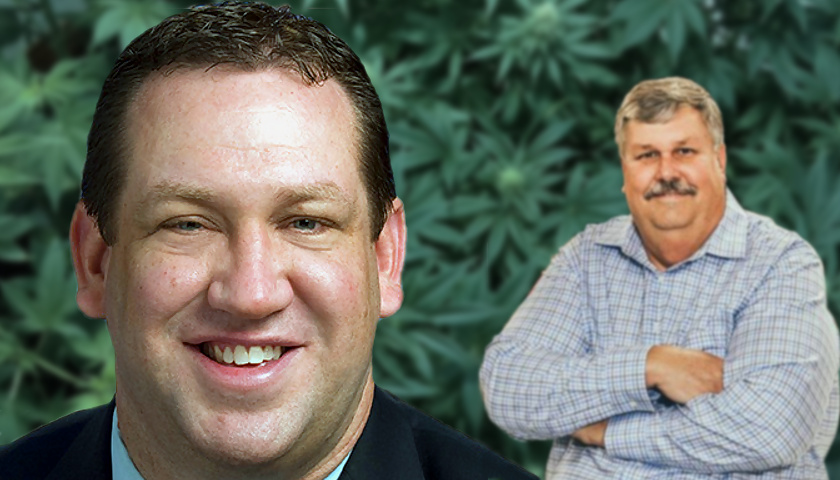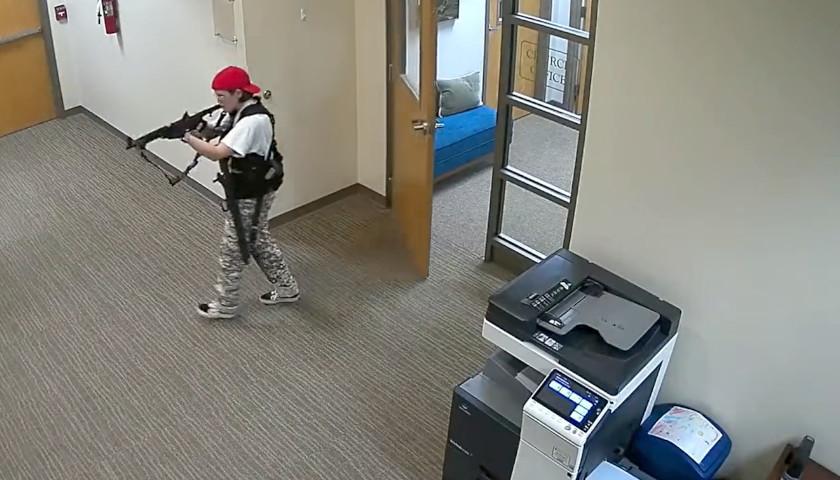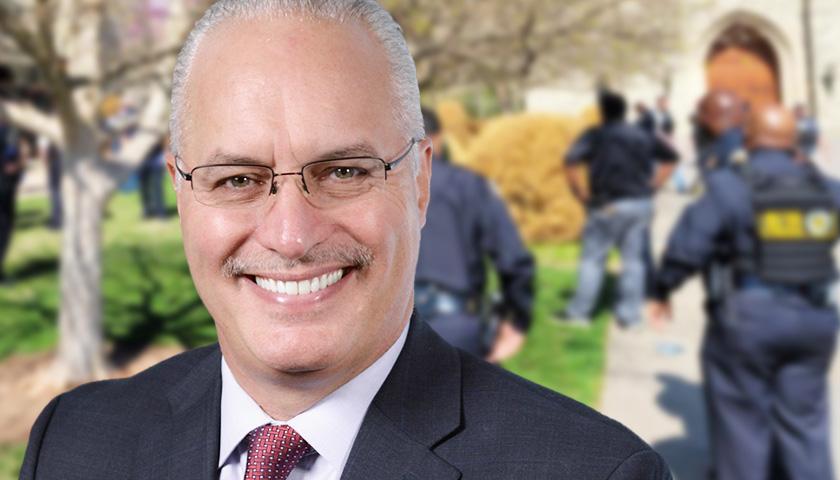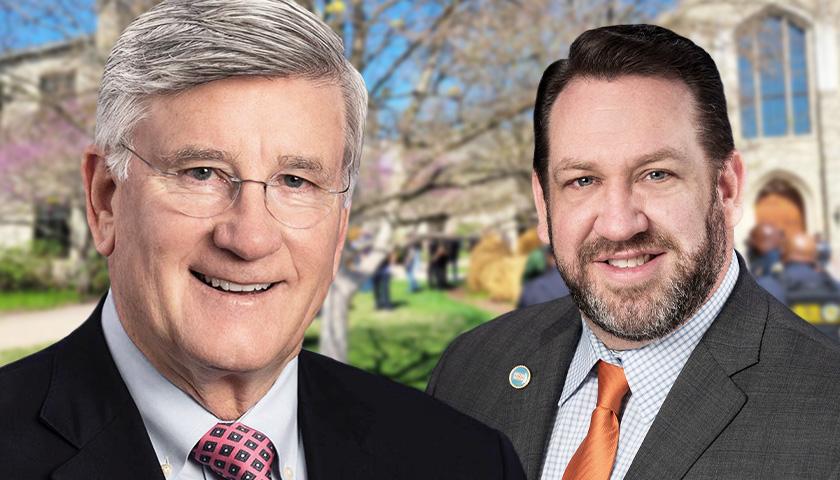The “Medical Cannabis Act” sponsored in the Tennessee House by Rep. Jeremy Faison (R-Cosby), was officially opposed by the Cocke County Legislative Body (CLB), the bill sponsor’s home county, during its monthly meeting Tuesday evening.
The CLB added to the agenda that night and later passed a resolution “To Urge The General Assembly To Oppose SB1710/HB1749,” the “Medical Cannabis Act,” by a vote of 8 ayes, 2 passes, 3 nays and 1 absent, the Cocke County Clerk’s office told The Tennessee Star.
The Resolution recognizes that marijuana is a Schedule I controlled substance according the U.S. Controlled Substance Act and that Faison’s “Medical Cannabis Act” would legalize cannabis products in a multitude of forms in the State of Tennessee.
Calling it out as a “violation of the Federal Controlled Substances Act,” the CLB resolution concluded it “is not in favor of the passage of the ‘Medical Cannabis Act’ SB1710/HB1749.”
The legalization of cannabis is a controversial one from the perspective of its potential medicinal benefits as well as its recreational uses, and is often defended under the U.S. Constitution’s Amendment X “Powers not delegated, reserved to State and people respectively.”
Proponents of legalizing the drug even for medical purposes often invoke the Tenth Amendment, while opponents express concern about the true motivation of legalization and whether it serves as a gateway drug.
The Controlled Substances Act, passed into law in 1970, requires that the U.S. Department of Justice Attorney General consider eight factors in determining whether a drug be controlled or removed from one of the five schedules. The eight factors, as listed on the Drug Enforcement Administration’s website, are
(1) Its actual or relative potential for abuse.
(2) Scientific evidence of its pharmacological effect, if known.
(3) The state of current scientific knowledge regarding the drug or other substance.
(4) Its history and current pattern of abuse.
(5) The scope, duration, and significance of abuse.
(6) What, if any, risk there is to the public health.
(7) Its psychic or physiological dependence liability.
(8) Whether the substance is an immediate precursor of a substance already controlled under this subchapter.
As a Schedule I hallucinogenic substance, “marijuana” meaning all parts of the plant Cannabis sativa, has been determined by the DEA to have a high potential for abuse, with no currently accepted medical use in treatment in the U.S., and lacking accepted safety for its use under medical supervision.
In 2016, Faison already passed a bill, enacted as Public Chapter No. 1083, allowing cannabis oil containing less than 0.6 percent of THC (tetrahydrocannabinol) when used by a DEA certified four-year public or private institution of higher education as part of clinical research on the treatment of intractable seizures, cancer or other diseases.
The CLB resolution specifically objects to Faison’s currently proposed “Medical Cannabis Act,” under SB1710/HB1749 as, going much further than the previous legislation, it “would legalize cannabis products, such as cannabis oil or cannabis extract and intended for use or consumption and includes capsules, pills, transdermal patches, ointments, lotions, lozenges, tinctures, oils and liquids in the State of Tennessee.”
Faison, who is currently serving his third term in the State House and resides in Cocke County, will be challenged by businessman and first-time candidate Greg Fodness in the August 2, 2018, Republican primary, as previously reported by The Star .






Great, let’s legalize pot. We’ll have a bunch of “stoned”, lazy citizen’s sitting around, over eating! Oh wait, we’re already well down that road!